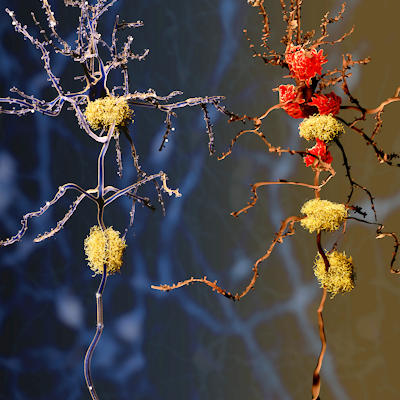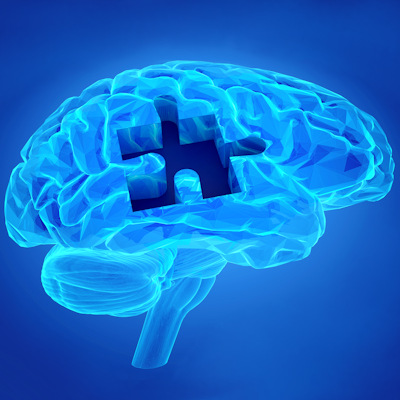November 10, 2022 -- An immune-stimulating compound rejuvenates immune cells and improves waste clearance from the brain, which could help treat people with Alzheimer's, Parkinson's, and other neurodegenerative diseases, a study finds.
Washington University School of Medicine researchers showed immune cells surrounding the brain influence how efficiently waste is swept out of it and that capacity is impaired in old mice as well as people with Alzheimer's disease (Nature, November 9, 2022).
Dead or dying neurons are likely unable to be revived, but the immune cells that sit along the brain's vasculature and in the leptomeninges are a feasible target for treating age-related brain diseases, according to the scientists. These "parenchymal border macrophages" regulate the motion of blood arteries that control the cleansing flow of fluid through the brain. If these macrophages are depleted or impaired, debris builds up in the brain.
Altered parenchymal border macrophages are present in people with Alzheimer's disease and mice with an Alzheimer's-like condition, which means the immune cells are less able to consume and dispose of waste and cannot efficiently regulate fluid flow, the researchers added. However, when old mice were treated with a protein that boosts macrophage activity, the border macrophages started behaving more like those from younger mice and improved fluid flow and waste clearance from the mice's brains.
Going forward, the researchers are studying how to replace or rejuvenate those cells in aging brains and looking to determine whether it could be a treatment for Alzheimer's.
Copyright © 2022 scienceboard.net











